NDO - On the occasion of Prime Minister Pham Minh Chinh leading a high-ranking Vietnamese delegation to attend the 8th Greater Mekong Subregion (GMS) Summit, the 10th Ayeyawady-Chao Phraya-Mekong Economic Cooperation Strategy Summit (ACMECS), the 11th Cambodia-Laos-Myanmar-Vietnam (CLMV) Summit and working in China from November 5-8, Deputy Foreign Minister Pham Thanh Binh gave an interview to the press about the results of this working trip.
Reporter: Could you please tell us about the results of the 8th GMS Summit, the 10th ACMECS Summit and the 11th CLMV Summit?
Deputy Foreign Minister Pham Thanh Binh: As events of special significance to Mekong sub-regional cooperation, the 8th GMS Summit, the 10th ACMECS Summit and the 11th CLMV Summit were successful. At the conferences, the leaders identified three major directions for sub-regional cooperation as follows:
Firstly, placing Mekong sub-regional cooperation in the world development flow. Identifying the future of Mekong countries linked to innovation capacity, the 4.0 industrial revolution, and scientific and technological progress, the conferences affirmed that GMS, ACMECS and CLMV cooperation should focus on digital transformation, enhancing the innovation capacity of members and building appropriate policy frameworks. As a region severely affected by climate change as well as stemming from the need to protect the precious Mekong River, the countries reaffirmed their commitment to cooperation in the management and sustainable use of Mekong River water resources, responding to climate change, converting to green and clean energy, and building green and circular economies.
Second, strengthen the internal strength of the economies. With the goal of enhancing the potential and capacity of the economies, the GMS, ACMECS, and CLMV cooperation frameworks need to prioritize promoting industrialization, modernization, developing manufacturing industries, infrastructure in terms of transportation, energy, and telecommunications, and developing human resources. At the same time, focus on strengthening economic connectivity to expand scale, increase complementarity, and move towards a cohesive and developed sub-region.
Third, strengthen solidarity and cohesion among member countries to jointly respond to common challenges. With the viewpoint of “if you want to go far, go together”, the leaders affirmed the friendly cooperation and solidarity among member countries; agreed to jointly realize common aspirations and visions for a bright future with common determination, common voice and common action. Solidarity and cooperation also extend to the entire ASEAN and to development partners around the world to create resonance of strength and spread benefits.
The three conferences adopted a series of important documents such as the GMS Innovation Strategy for Development to 2030, the Joint Statement of the leaders of GMS, ACMECS and CLMV cooperation. The leaders assigned ministers, senior officials and experts to promptly develop and implement practical and highly feasible programs and projects in priority cooperation areas.
On this occasion, Prime Minister Pham Minh Chinh had in-depth discussions with the Lao Prime Minister and the Cambodian Prime Minister on measures to promote bilateral and trilateral cooperation in the new development period in the spirit of trust, solidarity, unity and mutual understanding. The three countries' senior leaders agreed to step up the implementation of strategic cooperation in infrastructure, transport connectivity, energy, finance and people-to-people exchange.
Reporter: Could you please share Vietnam's outstanding contributions at the conferences?
Deputy Foreign Minister Pham Thanh Binh: With a busy schedule of activities, continuously for 3 and a half days, Prime Minister Pham Minh Chinh and the members of the delegation affirmed Vietnam's proactiveness, positivity and responsibility in contributing to the construction of the Mekong sub-region, while contributing to strengthening friendly and cooperative relations with host China and partners.
The Vietnamese delegation actively and proactively participated throughout the preparation and discussion process at the conference. Vietnamese ministries, branches and localities made important contributions to the development of documents and agendas of the conferences, helping to create a common consensus. At the conferences, Prime Minister Pham Minh Chinh made very profound and enthusiastic assessments and comments, while also suggesting new thinking, approaches, ideas and practical proposals to create a breakthrough development for all three cooperation mechanisms. Vietnam's outstanding contributions are demonstrated through the following three points:
Firstly, to make accurate and timely assessments of the outstanding characteristics of the development environment and major trends, thereby helping to position the role and mission of each mechanism in the new era. The Prime Minister proposed that GMS focus on developing new-generation economic corridors, with innovation at the center; ACMECS identifies a new mission of building a community of Mekong countries that is united, strong and sustainably developed; and CLMV's new focus is to create breakthroughs on the basis of promoting internal strength, combining external strength and uniting to overcome difficulties.
Second, it points out important principles and mottos to promote more effective cooperation, better meeting the needs of members. The Prime Minister emphasized the "4 together" approach: listening and understanding together; sharing vision and action together; doing together, enjoying together, winning together; developing together, sharing joy, happiness and pride. The Prime Minister also emphasized the motto of "6 connections": connection between thinking and action; between tradition and modernity; between rapid growth and sustainable development; between the nation and the region and the world; between the government and the people and businesses; between development and maintaining stability and ensuring security. These profound conclusions received enthusiastic responses from leaders and delegates. In particular, delegates were very pleased with the Prime Minister's viewpoint on "valuing time, valuing intelligence, innovating to break through, being creative to reach far, integrating to move forward, uniting for more strength".
Third, Vietnam has made very specific and practical contributions to cooperation mechanisms. At the conferences, the Prime Minister announced that Vietnam will contribute 10 million USD to the ACMECS Development Fund; and continue to implement the scholarship program, receiving students from Cambodia, Laos, and Myanmar to study and research in Vietnam.
Reporter: Could you please tell us about the results of Prime Minister Pham Minh Chinh's bilateral activities with China?
Deputy Foreign Minister Pham Thanh Binh: Prime Minister Pham Minh Chinh's working trip to China this time takes place in the context of Vietnam-China relations developing very positively, both in quality and quantity, after the two sides agreed to upgrade the Comprehensive Strategic Cooperative Partnership and build a Community of Shared Future of strategic significance (December 2023). Moreover, the two countries are also looking forward to celebrating the 75th anniversary of diplomatic relations, an important milestone in the development of the two Parties and two countries.
During this working trip, Prime Minister Pham Minh Chinh had a very rich working program, with 19 bilateral activities, including talks with Chinese Premier Li Qiang; together with Prime Minister Li Qiang, witnessing the exchange of diplomatic notes to establish the Consulate General of Vietnam in Chongqing; meeting with leaders of Yunnan Province, Chongqing City, Guangxi Zhuang Autonomous Region; visiting the Ho Chi Minh Relic Site in Kunming, the Huangyan Revolutionary Museum in Chongqing - where Uncle Ho's revolutionary activities are recorded; attending the Vietnam-China Business Forum, programs introducing Vietnamese culture and tourism; receiving a number of large, typical Chinese enterprises; and meeting the Vietnamese community living, studying and working in China. During the working trip, a number of ministers and members of the delegation also had meetings and worked with their Chinese counterparts.
The delegation's activities were successful. During the talks and exchanges between Prime Minister Pham Minh Chinh and Chinese Prime Minister Li Qiang and leaders of Yunnan, Chongqing and Guangxi provinces, the two sides reached many important common perceptions on continuing to implement and concretize high-level common perceptions, promoting Vietnam-China relations, including Chinese localities, to develop more effectively, substantially and sustainably, clearly demonstrated in 4 aspects:
Firstly, enhancing political trust between the two sides, promoting the important guiding role for the development of bilateral relations. Prime Minister Pham Minh Chinh, Prime Minister Li Qiang and local Chinese leaders all highly appreciated the positive development trend of relations between the two Parties, the two countries and between localities of the two countries; agreed to maintain regular flexible forms of contact between high-ranking leaders at all levels; promote exchanges and cooperation through Party, Government, National Assembly and Fatherland Front channels; and successfully organize the 16th meeting of the Steering Committee for Vietnam-China Bilateral Cooperation in 2024.
Second, continue to deepen substantive cooperation in all fields, consolidate the material foundation for bilateral relations. The two sides agreed to promote complementary strengths, focus on implementing major projects, new symbols of cooperation in Vietnam-China relations. In particular, the implementation of three standard gauge railway lines connecting the two countries (Lao Cai-Hanoi-Hai Phong, Lang Son-Hanoi, Mong Cai-Ha Long-Hai Phong) is considered the highest priority in strategic infrastructure cooperation between the two sides.
Third, strengthen people-to-people exchanges and further consolidate the social foundation of bilateral relations. The two sides agreed to effectively implement activities of the Vietnam-China Cultural Exchange Year 2025, considering this an opportunity to promote people-to-people exchanges and promote friendship; promote tourism recovery; promote the effectiveness of "red addresses" bearing revolutionary imprints in Yunnan, Chongqing, and Guangxi to educate the young generation of Vietnam and China on the traditional friendship between the two Parties and countries.
Fourth, the two sides agreed to control disagreements well, not to let them affect the very good relationship between the two Parties and the two countries. At the same time, they will closely coordinate in border management and protection according to the three documents on land borders and related agreements, and coordinate well in organizing activities to celebrate the 25th anniversary of the signing of the Land Border Treaty and the 15th anniversary of the signing of the three legal documents on land borders in 2024.
Reporter: Thank you very much, Deputy Minister!
Source: https://nhandan.vn/khang-dinh-su-chu-dong-tich-cuc-va-trach-nhiem-cua-viet-nam-dong-gop-xay-dung-tieu-vung-me-cong-post843909.html






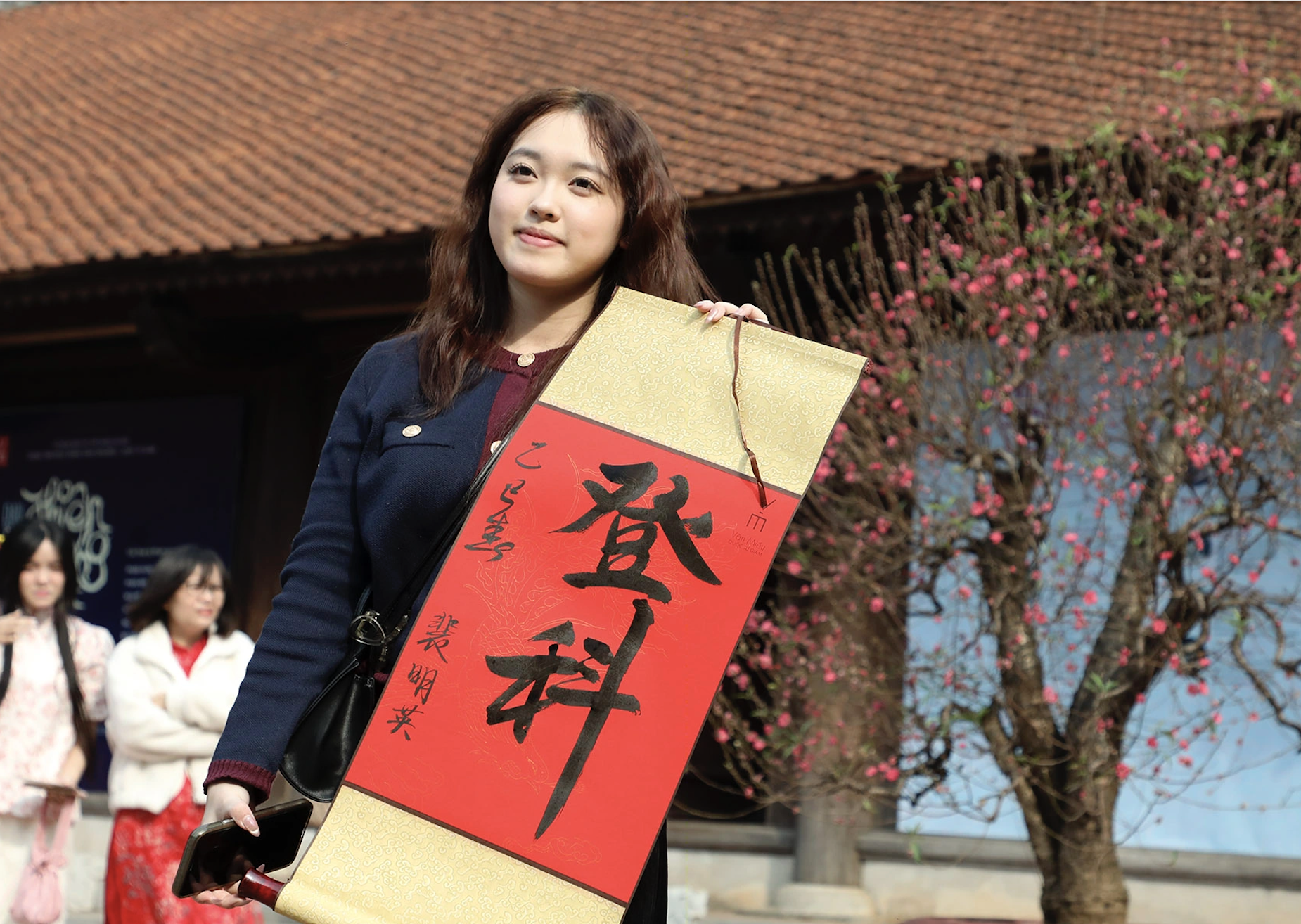















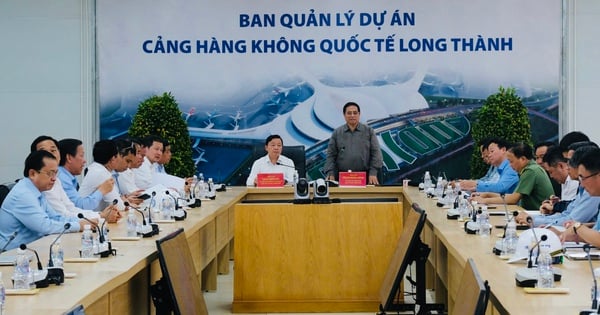

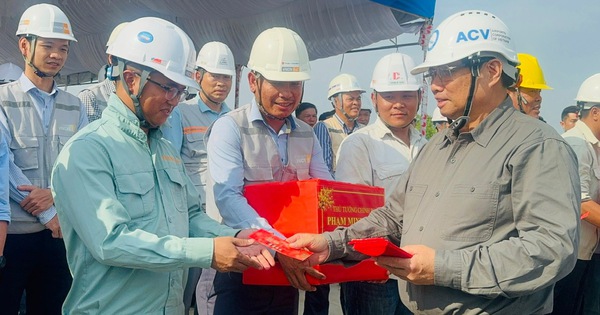

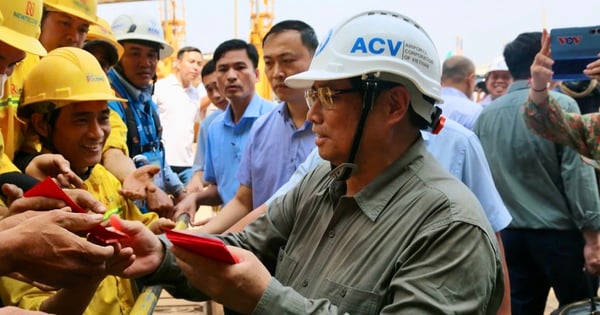
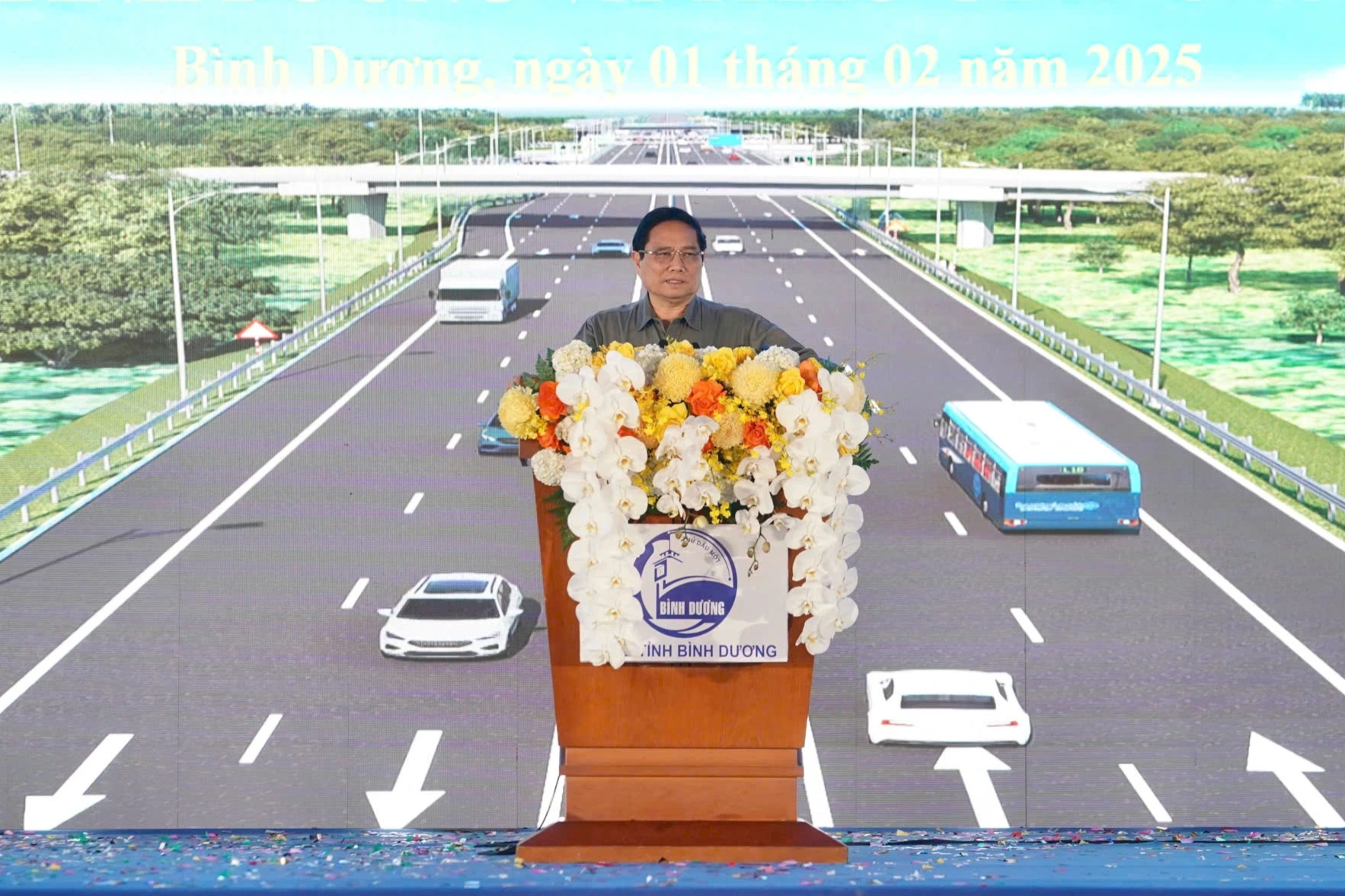

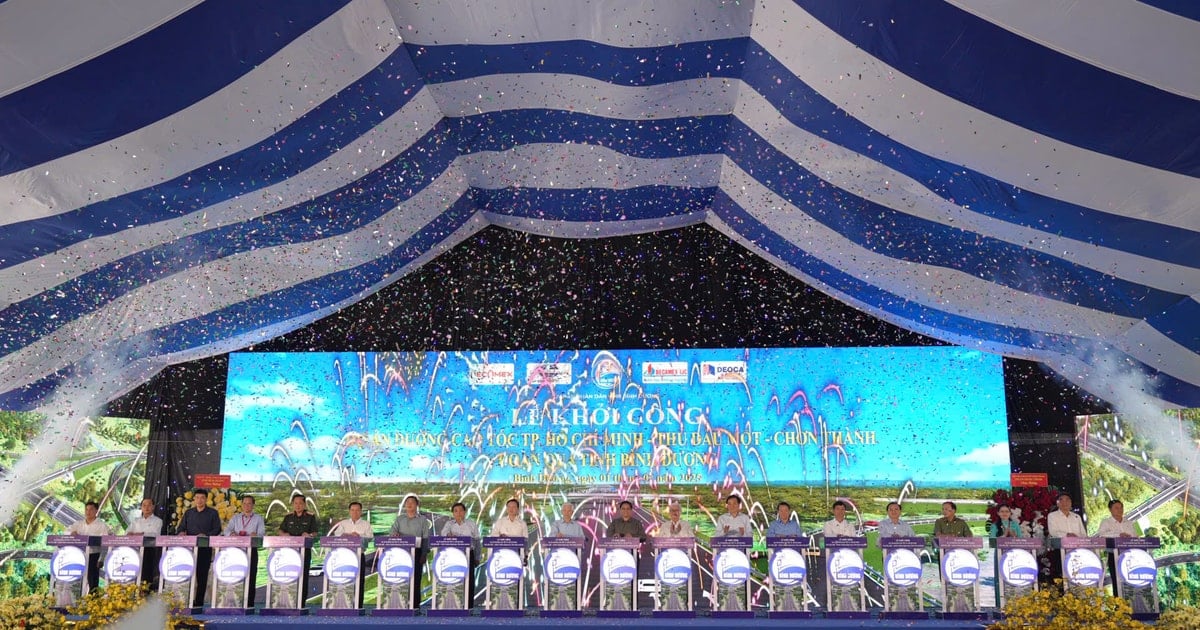

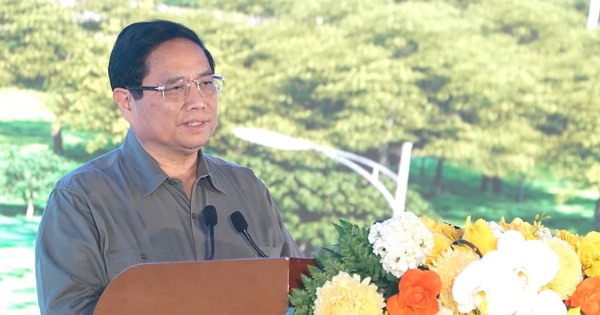
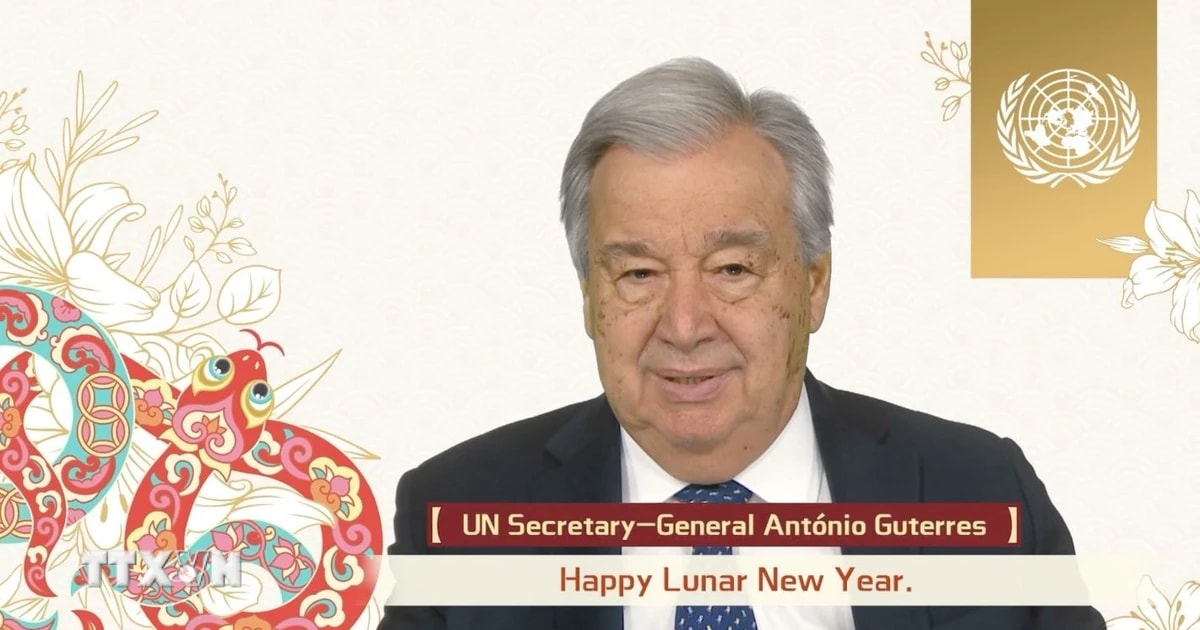
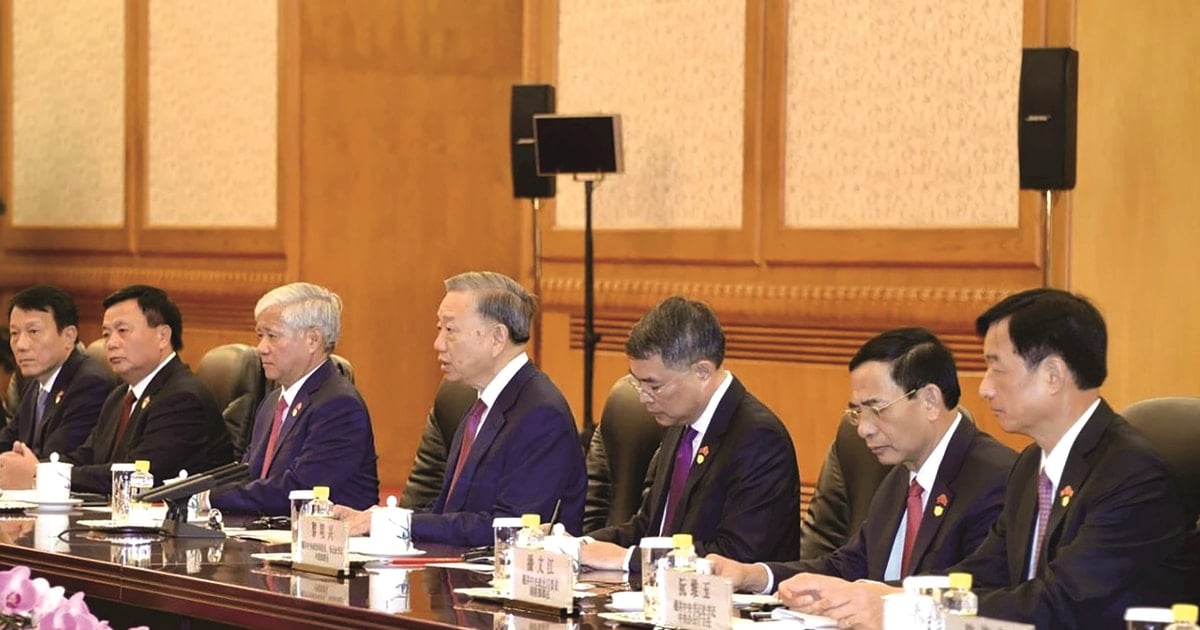
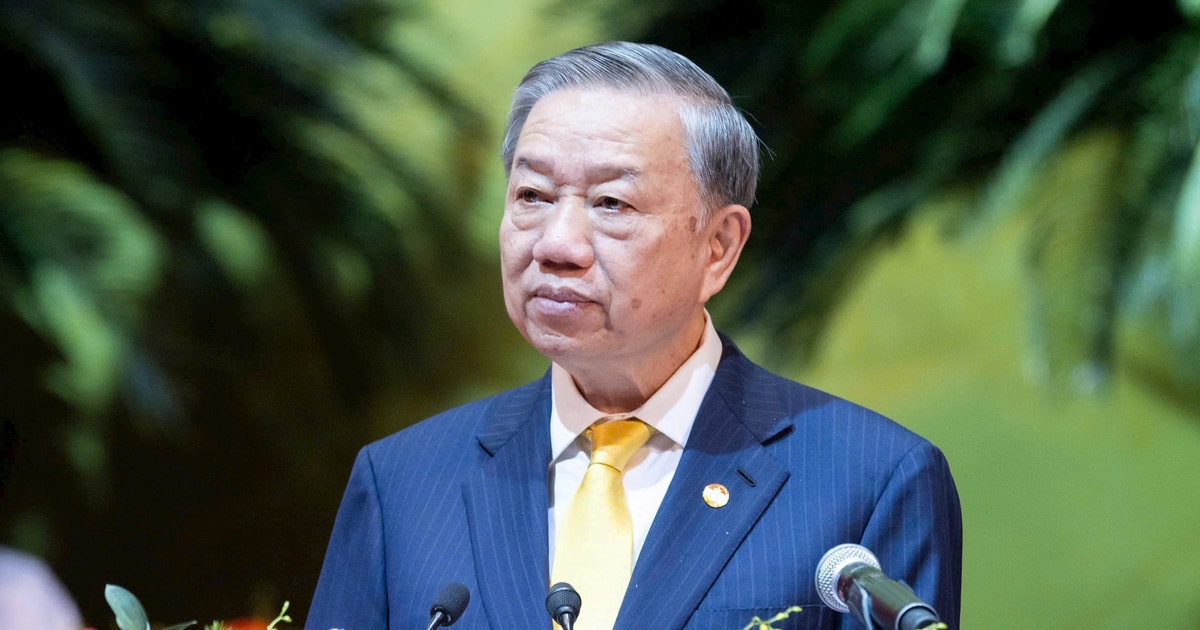

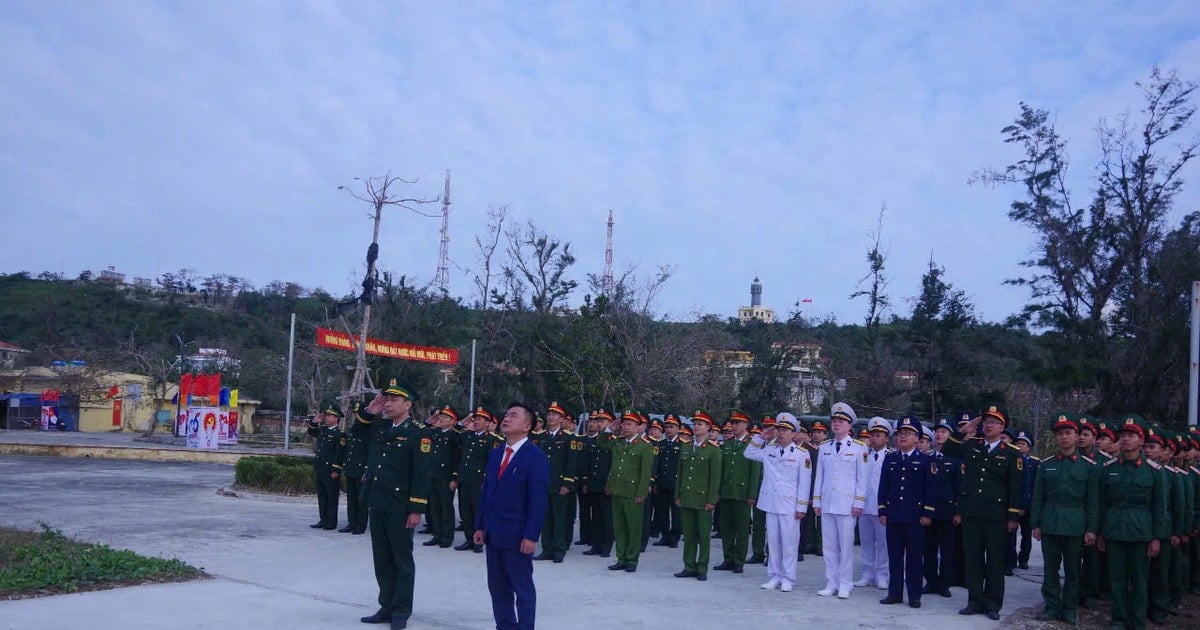
![[Photo] Nghe An Border Guards enjoy the New Year without forgetting their duties](https://vstatic.vietnam.vn/vietnam/resource/IMAGE/2025/2/2/ae506d60a5884165999989a9ac28cefe)
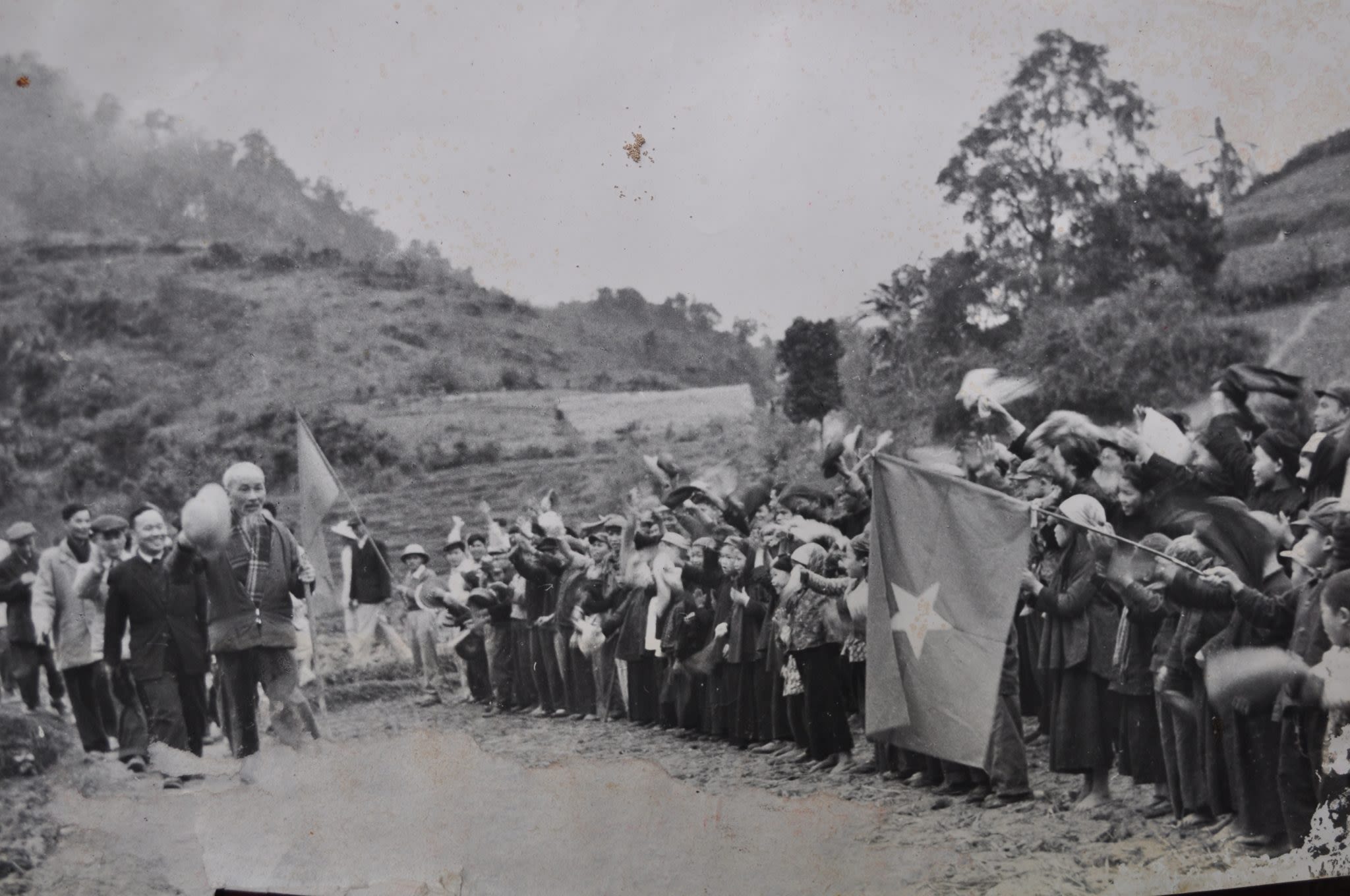
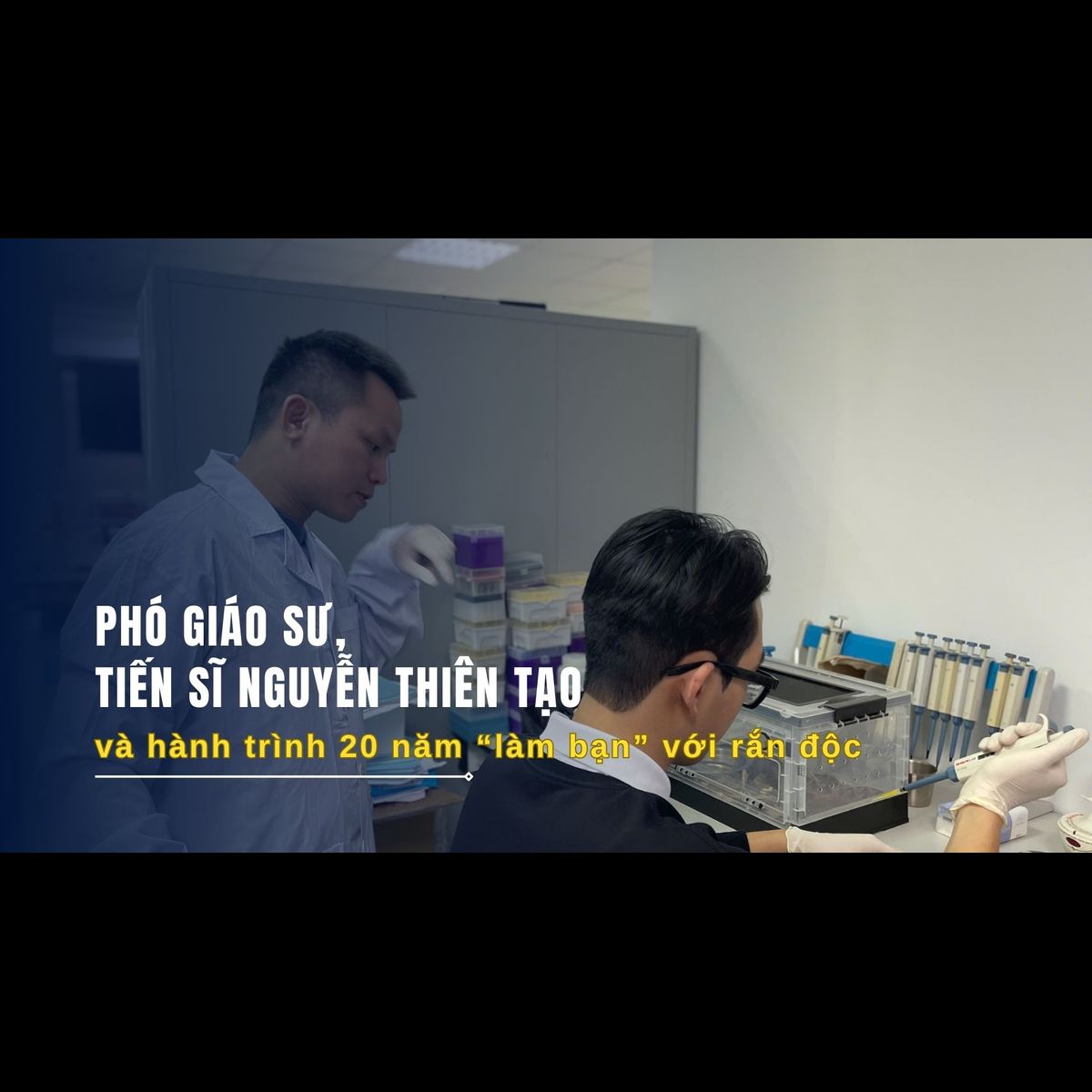
![[Photo] Beijing residents excitedly celebrate the Spring Festival of the Year of the Snake](https://vstatic.vietnam.vn/vietnam/resource/IMAGE/2025/2/1/70ca6218865e47ef837d7a26a2d5e1fa)




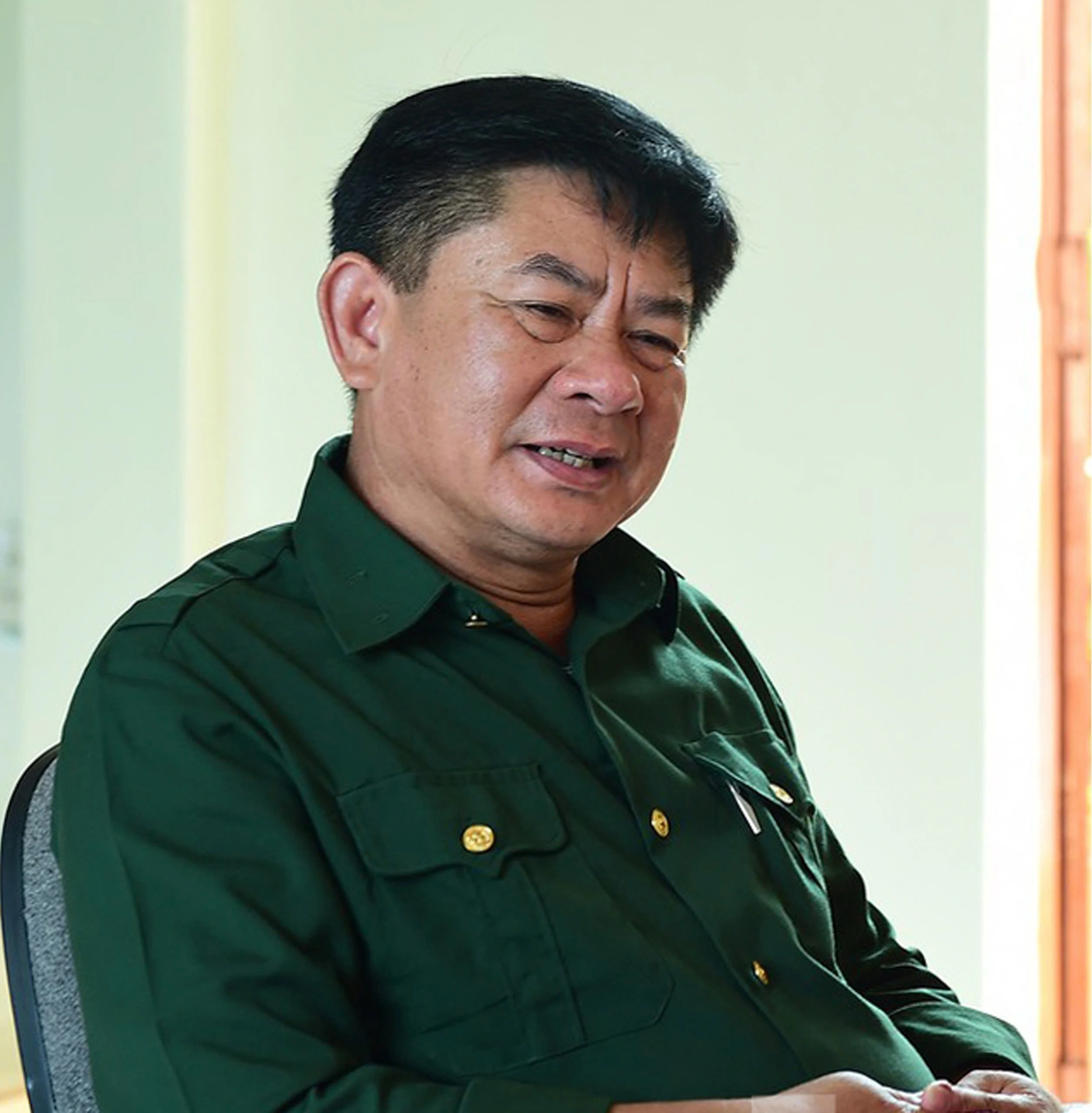




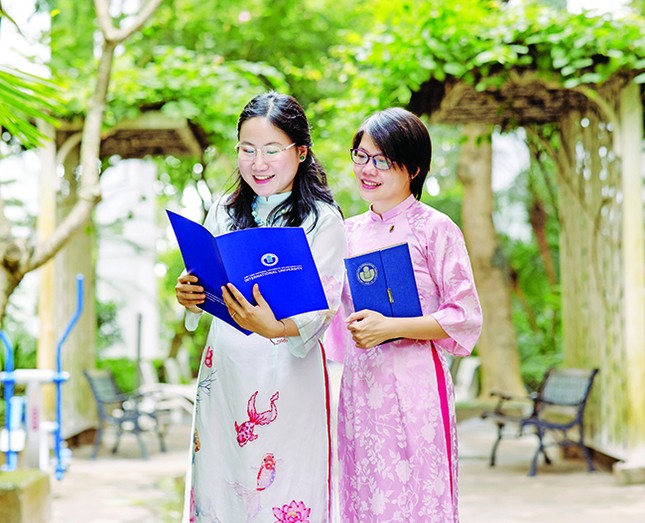




Comment (0)